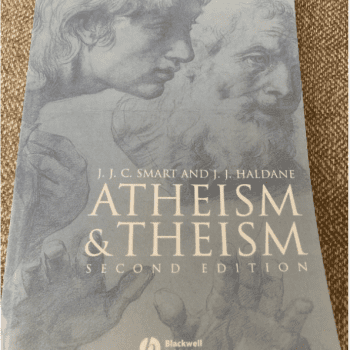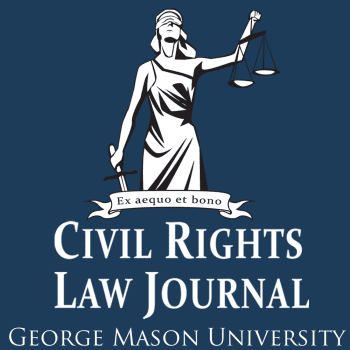That is the title of my recent entry over at The Catholic Thing. It is adapted from a portion of a paper I delivered on May 17, 2011 at Princeton University as part of panel celebrating the 25th anniversary of the publication of Hadley Arkes’ First Things: An Inquiry Into the First Principles of Morals and Justice (Princeton University Press, 1986). Here’s how it begins:
University Press, 1986). Here’s how it begins:
Most books and articles in political and legal philosophy are dry. One rarely finds in them humorous anecdotes, memorable characters, or philosophical insights extracted from figures and events in popular culture. In First Things, however, Hadley Arkes elegantly weaves together all three in order to illustrate and illuminate his sophisticated and compelling arguments.
In discussing Mr. Justice McReynolds opinions in Meyer v. Nebraska (1923) and Pierce v. the Society of Sisters (1925)—two cases in which the Supreme Court affirmed a fundamental right of parents to educate their children—Arkes argues that the right is conditioned upon advancing the children’s good, which means that the right is ultimately tethered to a moral understanding of the proper relationship between parents and their offspring. Writes Arkes: “What [McReynolds] seemed to affirm in Meyer and Pierce was that parents had a residual, presumptive authority for the education of their children. But nothing in his opinion would have obliged the state to hold back if the parents sought to enroll their children in Mr. Fagin’s School of Pickpocketry or in a vocational academy cultivating the trade of prostitution.” (346).
(photo: Me, Hadley Arkes, and Michael Novak a few minutes before a talk I gave at the American Enterprise Institute in September 2005. That talk developed into a paper that I published the following year in the Hastings Constitutional Law Quarterly [33.2 & 3], “The Court of Disbelief: The Constitution’s Article VI Religious Test Prohibition and the Judiciary’s Religious Motive Analysis. You can download a pdf of it here)












